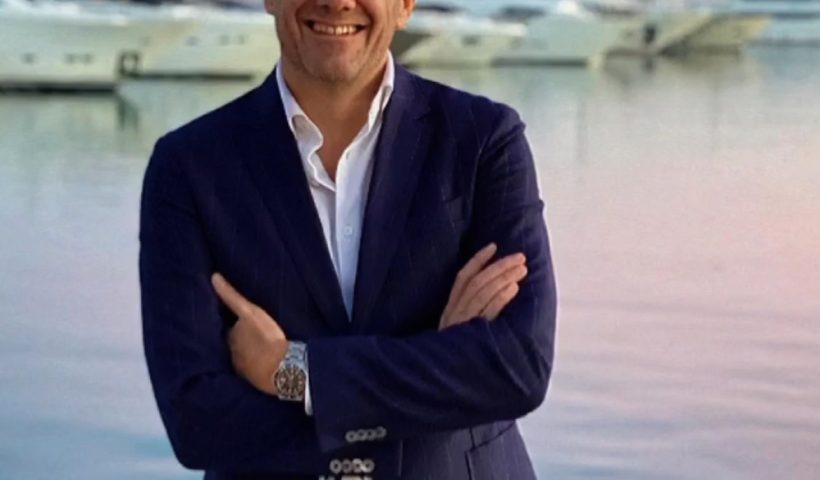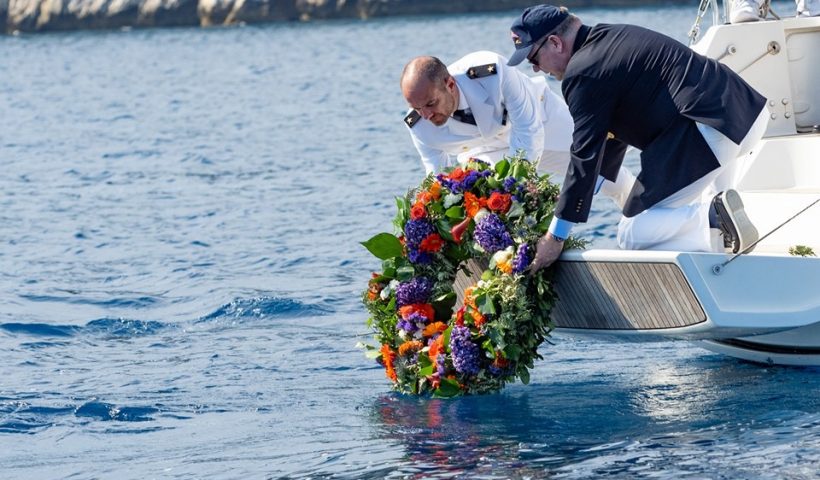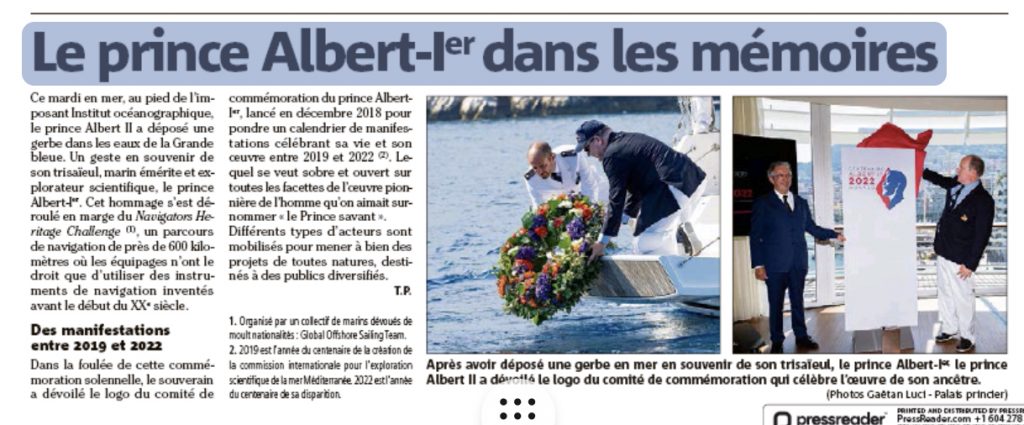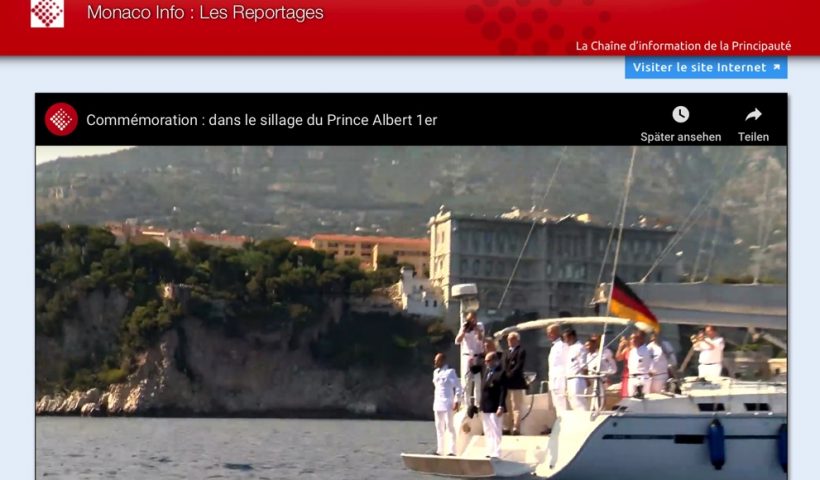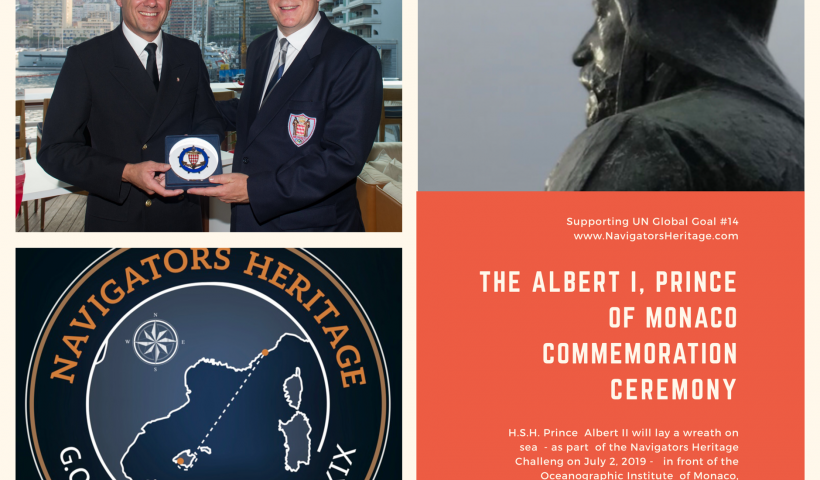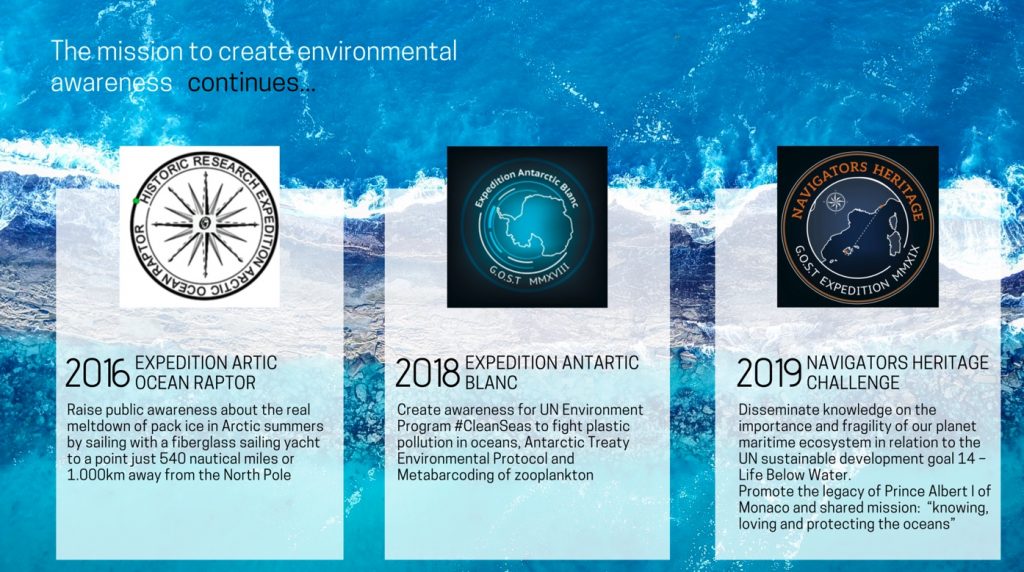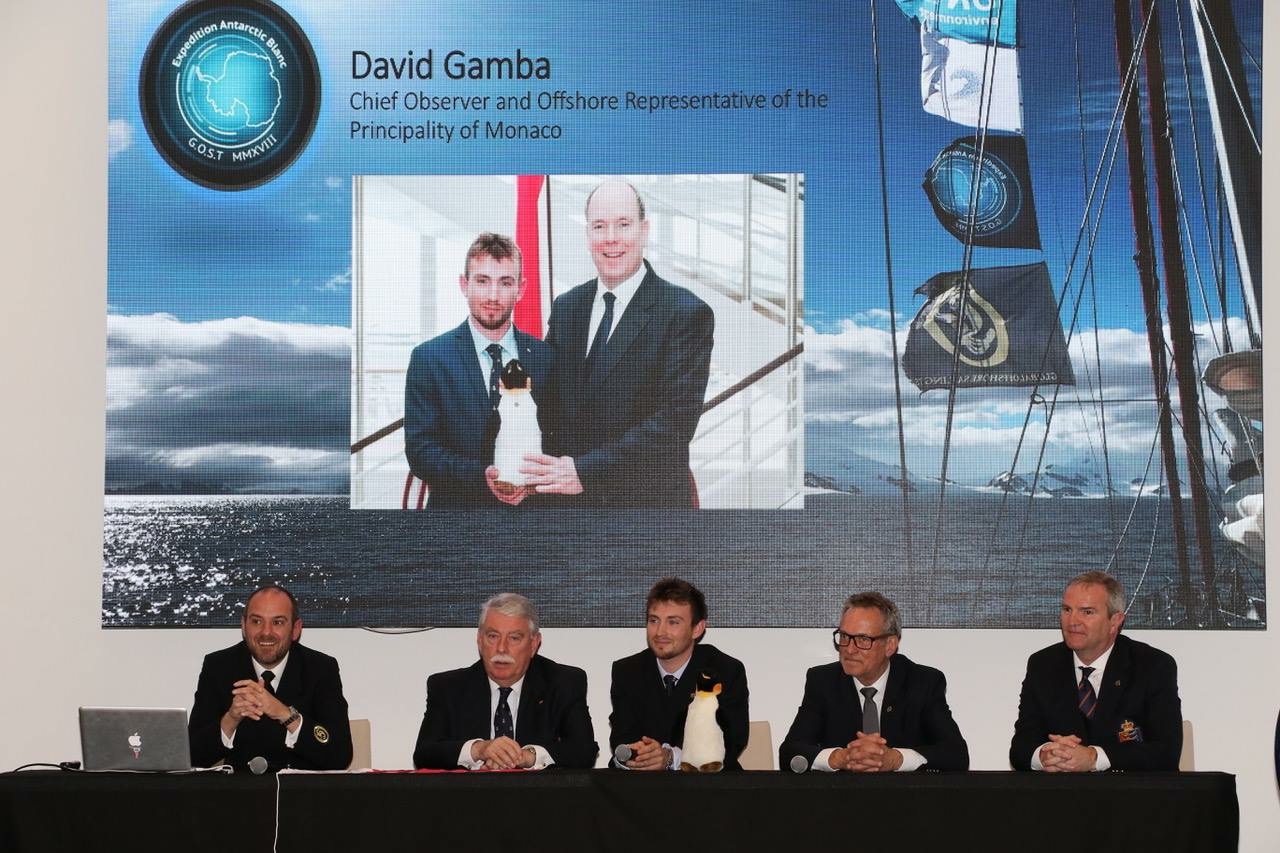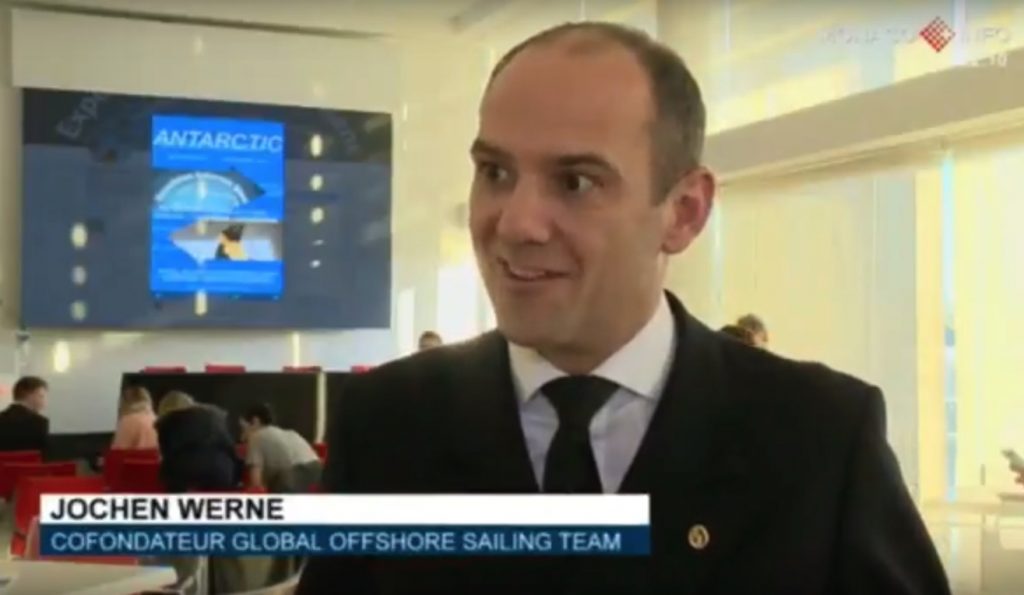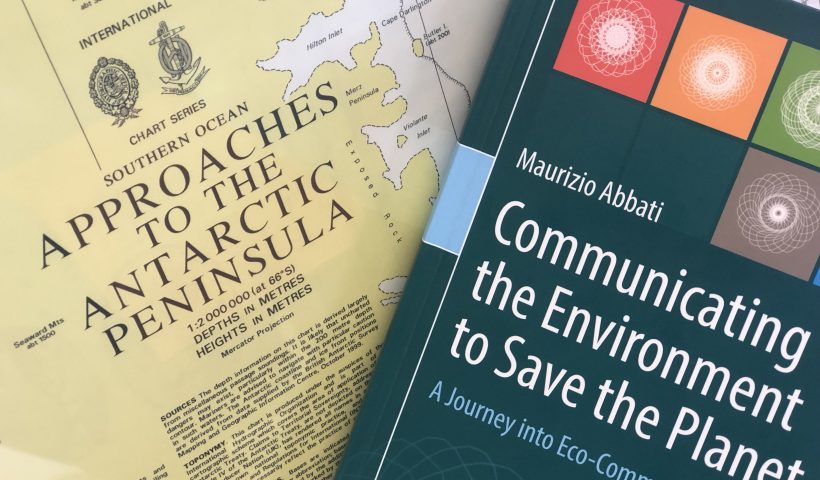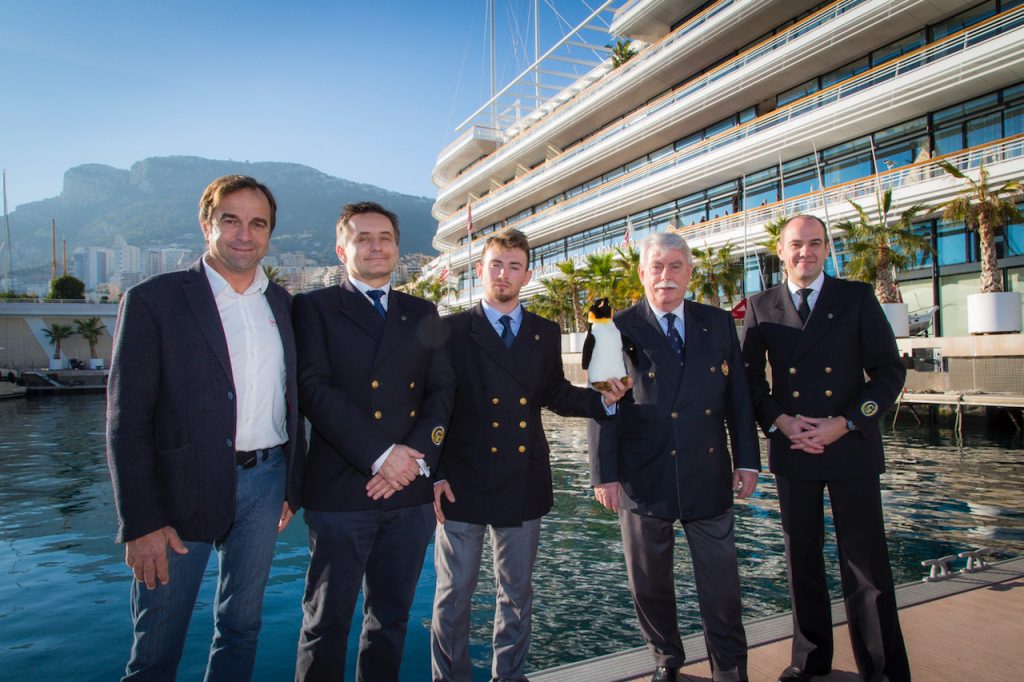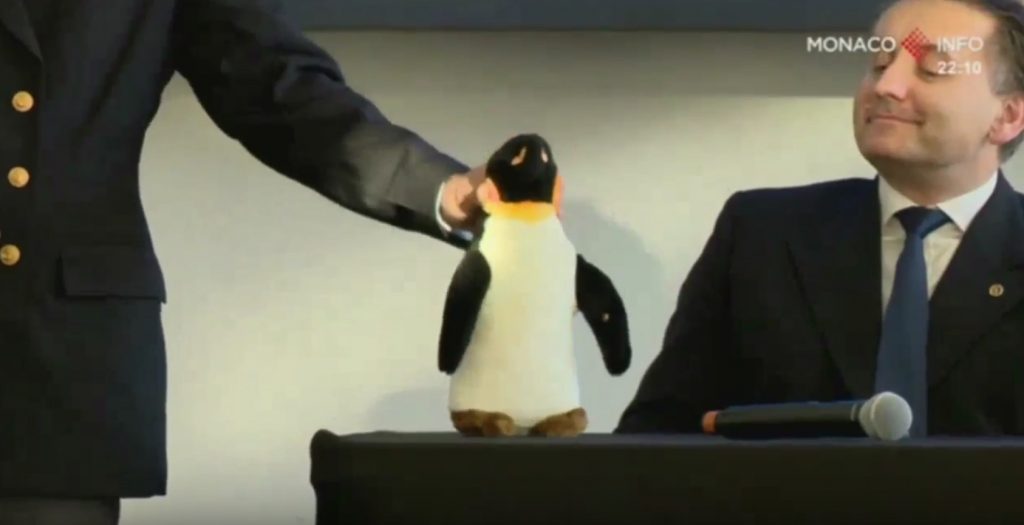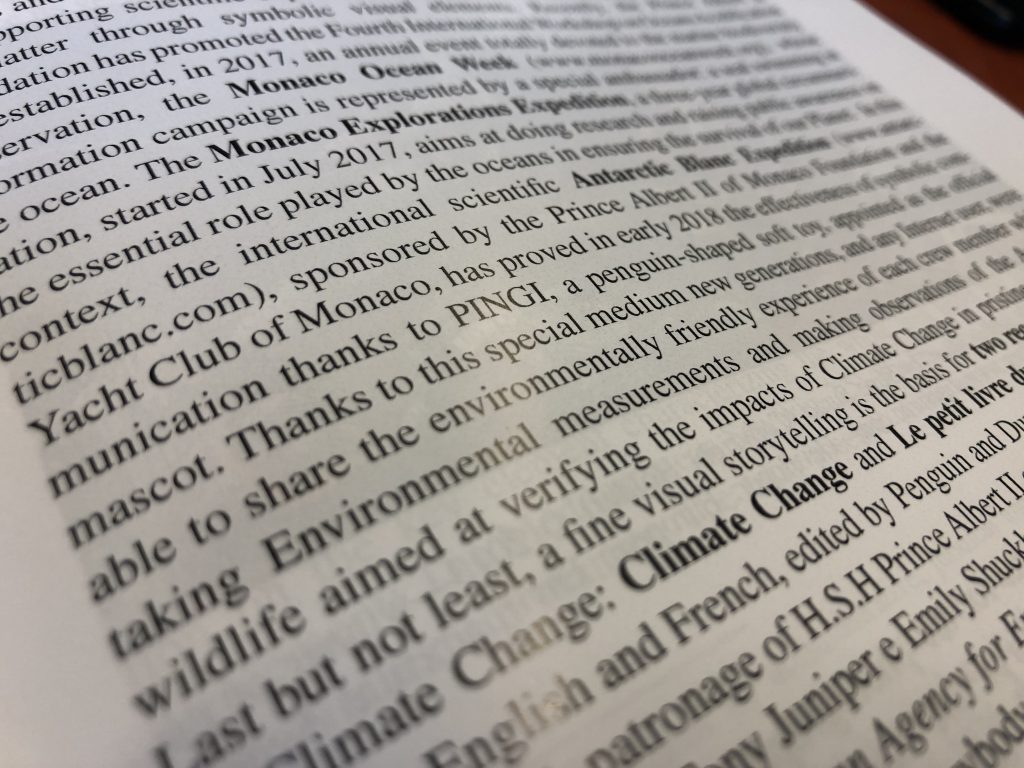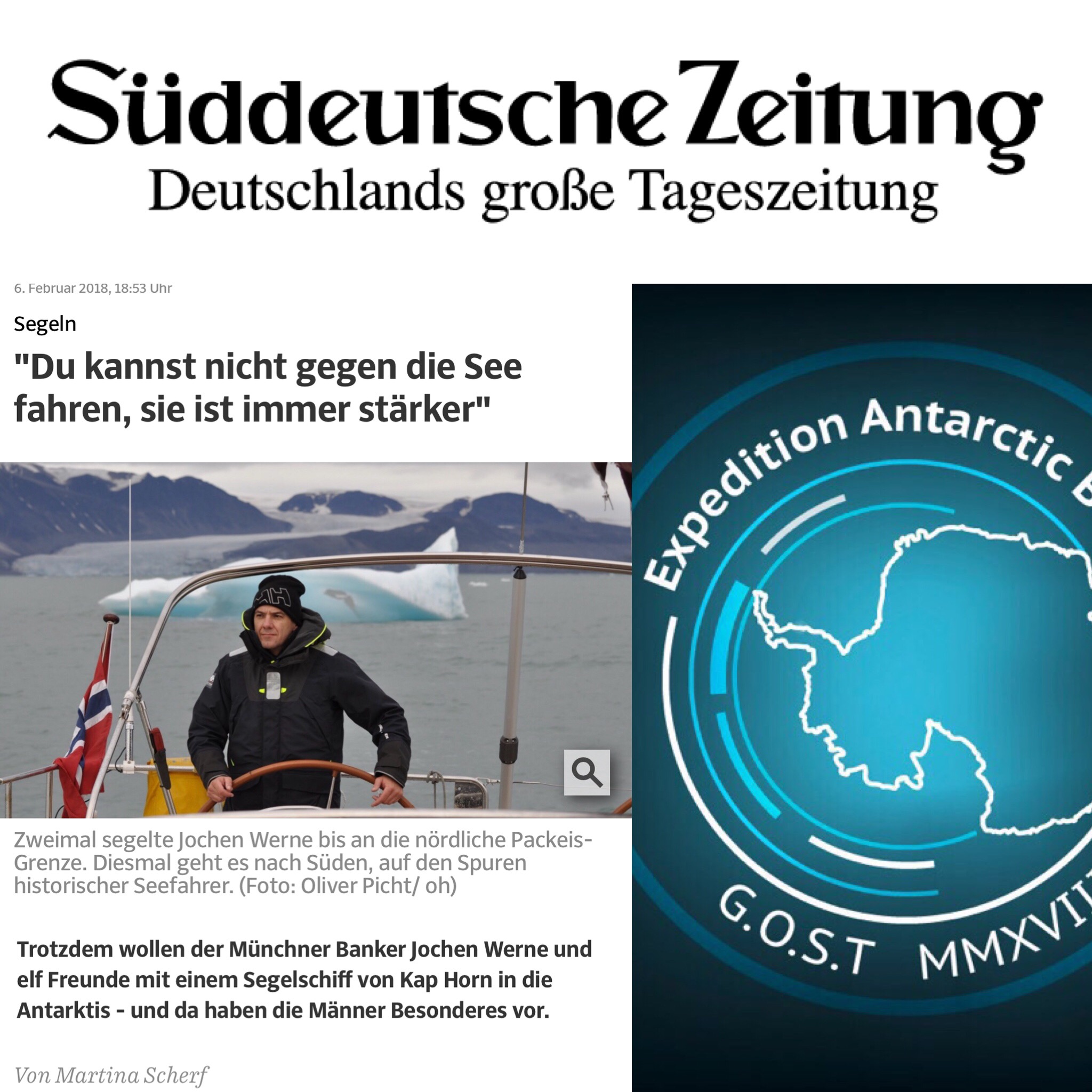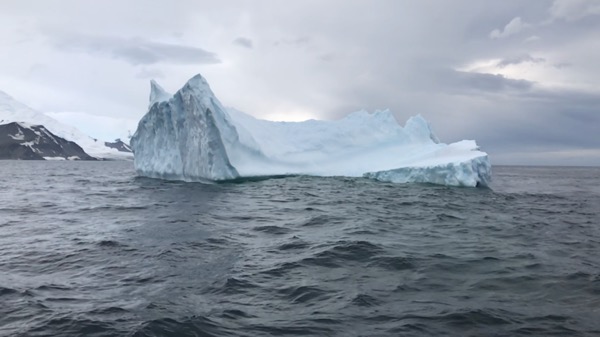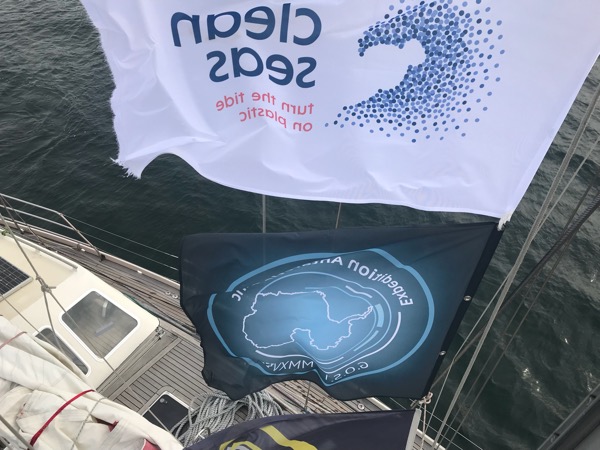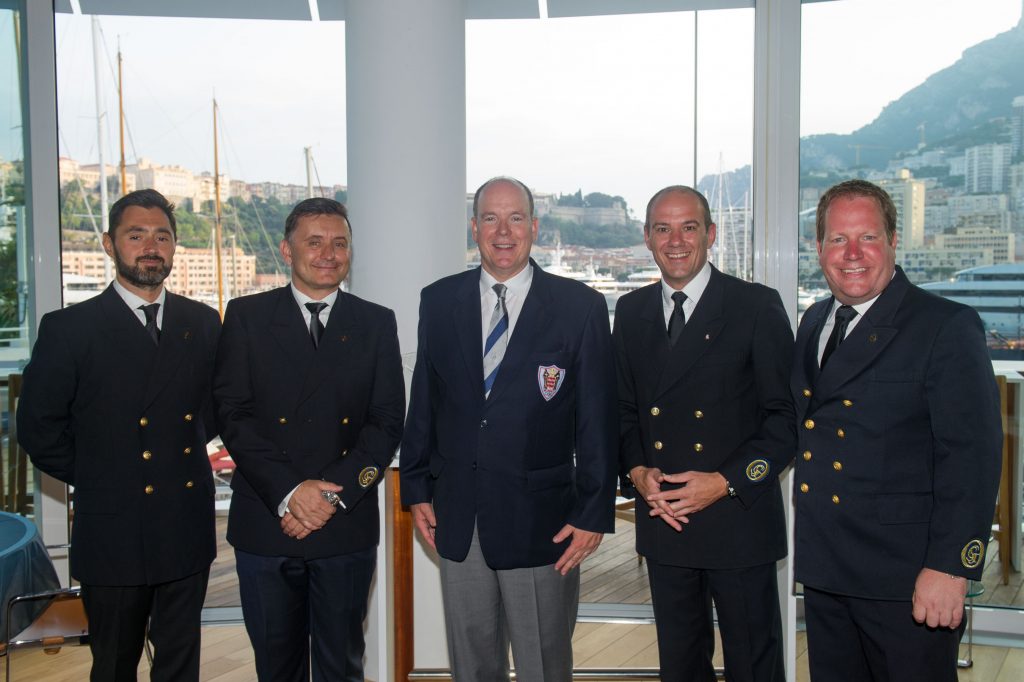In 1999, Guido Zoeller and Jochen Werne founded the Global Offshore Sailing Team (GOST). The mission: to challenge the seven seas to promote international understanding and create environmental awareness. The success was made possible by the highly committed team members and GOST supporters. Each is unique and has dedicated themselves to the set goals in dozens of expeditions from the Andaman Sea to the Arctic Ocean. Through its people’s diplomacy approach, GOST has created a network with the highest echelons of politics, business and diplomacy. In a One-to-One interview with with the highly recognised eco-book author Maurice Abbati, expedition leader Jochen Werne describes how this became possible and why passion, teamwork and inner fire are of utmost importance to achieve great goals.
Enjoy reading the original here
MONACŒCOART® (MonacoEcoART, MŒA enPR= Monaco MyHeart) is a new media editorial project aimed at discovering sustainability from different angles with a special focus on projects, relevant figures, best practices and smart ideas linked to the Principality of Monaco and its vast network.
MŒA One-to-One Interviews
Updated: Nov 19, 2022
Jochen Werne: Innovation and Business, Society and Diplomacy, Ocean and Passion strongly aim at a positive change for the future.

Photo >> Jochen Werne (2022) © J. Werne
International expert in finance and blockchain, head of several private and corporate Banking divisions, keynote speaker, actively committed in diplomacy and economy transformation following the current shift to Sustainable Development as wished by United Nations and major political, technical and business bodies, he is extremely fond of communicating his passion for oceans and the virtuous interlink between human beings and nature. Jochen Werne does believe in the importance of everyone’s potential diplomacy in contributing to keep peace and a balanced approach to preserve natural ecosystems. “Innovation and business, society and diplomacy, ocean and passion are strongly connected and we, together with our different talents in today’s connected world, can push forward with positive change for good everyday”, in these words is enclosed the sense of his enlightened thought. His strong sense of adventure and respect for the scientific world at the service of Nature, led him to be involved in many ocean missions considerably appreciated by H.S.H. Prince Albert II of Monaco and other major Head of States, notably the President of France and Austria. All that brought him to further increase his knowledge and experience. He also launched a targeted international group whose members from all over the world have relevant navalbackgrounds. This body aims at keeping live naval traditions and highlighting the role of ocean expeditions as a cornerstone of world balances.
MONACŒCOART® had the pleasure to collect a meaningful feedback directly from Jochen Werne (J.W.), Co-Founder & Expedition Leader at Global Offshore Sailing Team (GOST).
TOPICS = OCEAN PASSION >> VALUES >> MARINE EXPEDITION >> OCEAN PRESERVATION >> DIPLOMATIC ROLE >> LINK WITH THE PRINCIPALITY OF MONACO >> BEST RECOGNITION
MONACŒCOART®: Jochen Werne, how did your passion for the oceans and sailing comeabout?
J.W.: As a child growing up in the countryside on the border with Switzerland, the world outside my parents’ home always had a great attraction for me. Notably, the Sea with its magical sense of endless freedom, adventure and beauty has always been a trigger in my life. And this fascination still inspires me even though I have sailed the seven seas. Maybe it will never disappear. I had my first contact with sailing during school holidays onLake Constance. Then, I joined the navy, where I had the privilege to serve for almost twoyears as a navigator on the three-masted sailing ship ‘Gorch Fock. That finally ignited my passion for the oceans and sailing.

Photo >> The Expedition Blue Ocean 2022 crossing the Tower Bridge in London © GOST
MONACŒCOART®: What values have you learned after so many years of shipping?
J.W.: The most important one is RESPECT. Probably every ocean sailor and mariner would confirm it. As a sailor you experience the marine element in its most breath-taking calm and beauty and its most deadly and dangerous brutality. Respect helps to enjoy one side of the coin and survive the other. Respect leads to this deeper understanding that Nature is in many ways more important and also more powerful than ourselves. The fact that makes us feel humbly is to understand that Nature can always live without us, but we cannot live without Nature. Moreover, a sailor learns how to use Nature to benefit from its power in the best and most sustainable way and to emotionally experience its pure and infinite beauty.

Photo >> Environmental Awareness & Offshore Sailing within ‘Arctic Ocean Raptor’: Sailing to the most northern reachable, partially ice-free points on Planet Earth. Public awareness about the real meltdown of pack ice in Arctic summers will be raised by sailing with a fiberglass sailing yacht to a point just 540 nautical miles or 1.000km away from the North Pole © GOST
MONACŒCOART®: Which marine expedition has shaped you more than others? Why?
J.W.: Every expedition has its uniqueness and therefore it is difficult to prefer one over the others. However, the ‘Arctic Ocean Raptor’ was very special to me. It took us from the northern Norwegian city of Tromsø across what sailors call the ‘devil’s playground’, the Barents Sea, to a spectacular natural habitat called Spitsbergen at 80° North. Despite its up-north location, the climate is quite mild due to the Gulf Stream. As our expedition approached Svalbard after three days of sailing through dense fog, we encountered a huge ice barrier that broke away from the cold eastern side of the island due to the warm conditions and drifted on with the current. This, combined with a 9-bft (= Beaufort scale) storm, made the voyage a real challenge, but also impressively demonstrated the fragility of our ecosystem.

Photo >> H.S..H. Prince Albert II of Monaco welcoming Jochen Werne and other members of GHOST at the Monaco Yacht Club © YCM
MONACŒCOART®: Which measures do you think are most important to preserve marine ecosystems? Why?
J.W.: There is no doubt that before starting a movement or action, awareness must be raised. This step is of utmost importance, otherwise one remains lonely and therefore a committed but silent to action interlocutor. The Principality of Monaco has a long tradition of identifying problems for our marine ecosystem and taking action to make many aware of them. H.S.H. Prince Albert I of Monaco immediately recognised the dangers of bottom fishing with the new means of steam technology. Jacques Cousteau not only served science but brought the beauty of the sea into everyone’s living room with his work behind the camera and inspired new projects to protect the oceans. Last but not least, H.S.H. Prince Albert II of Monaco is the perfect example of how this has not only become Monaco’s heritage but a lived tradition. We are grateful that he has supported us in our expeditions to raise awareness and thus contribute to the conservation of our marine ecosystems.

Photo >> Thorsten Glauber, Bavarian Minister of State, handing over the States Medal to Jochen Werne, Co-Founder of GOST © TMUV
MONACŒCOART®: You have already pointed out several times that scientific and fact-finding missions are particularly effective for intercultural and diplomatic exchange. What makes them instruments of dialogue?
J.W.: Our oceans are the fluid connection between our nations. And even though we are citizens of nations, we all belong to one Planet. As seafarers, we are directly dependent on nature and national thinking takes a back seat. In the daily challenge at sea, nationality, race or gender are not important. What really matters is to achieve our goals as a team, otherwise we will all fail. This also applies to us as a human race. The challenges before us are global challenges that no single nation can solve alone. We need a collective effort, and we have so many examples where the global community has done it together. One of my favourite examples is the Antarctic Treaty, which was negotiated at the height of the First Cold War and still provides the basis for joint peaceful governance of Antarctica today.

Photo >> Antarctic Blanc expedition: the international team held a commemoration ceremony on the historically significant Antarctic volcanic Deception Island, in the name of all supporting states and the United Nations. a wreath of local ice was symbolically formed and laid down in order to pay international tribute to the achievements in the exploration of this unique continent © GOST
MONACŒCOART®: What place does the Principality of Monaco have in the international expeditions that you carry out as part of the Global Offshore Sailing Team (GOST)?
J.W.: We are more than grateful to H.S.H. Prince Albert II of Monaco, the Yacht Club de Monaco, its Board of Directors with Bernard d’Alessandri, Gerd Ziegenfeuter, the staff and members as well as the press for their excellent support in our common tasks. Together we were able to achieve outstanding results. Starting with the expedition ‘Antarctic Blanc’ 2018, which resulted in a state act supported by 19 nations including the United Nations, to the Prince Albert I Memorial Expedition ‘Navigators Heritage’. Together, we have succeeded not only in supporting science, but also in bringing people and nations closer together and raising awareness of the needs of our oceans.

Photo >> Maximino Gómez Alvarez, Vice-President of AIDHNC, giving the “Ancla d’Oro” to Jochen Werne, Co-Founder of Global Offshore Sailing Team (Maritime Museum, Hamburg, 8th May 2016) © GOST
MONACŒCOART®: GOST expeditions have been awarded the highest honours by heads of state and international institutions. What is the recognition to which you are most attached? Why?
J.W.: We are more than grateful to have been honoured with a State Medal for our commitment to environmental protection or with the Ancla d’Oro (Golden Anchor) of the Asociación para la Investigación y Difusión de la Historia Naval de Cuba and the Admiral of the Fleet the Lord Boyce Award for promoting international understanding. Among all the awards, the highest recognition for me is the fascinated smile on a young person’s face when one of the stories of the sea lights the flame of passion for marine elements. It is their spirit that will form the basis for future action. Just as others in the past like Jacques Cousteau have lit a fire in us for the Sea. It is the quote attributed to the brilliant Antoine de Saint-Exupéry, author of the beautiful novel Le Petit Prince, that probably describes it best: If you want to build a ship, don’t drum up the men to gather wood, divide the work and give orders. Instead, teach them to long for the vast, endless sea. ***
? ✒By Maurice Abbati

